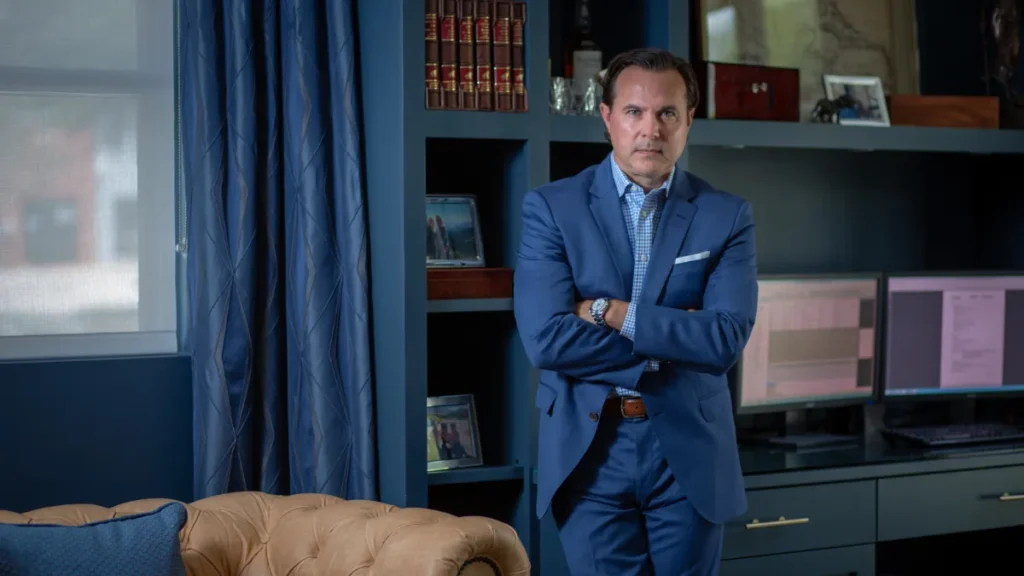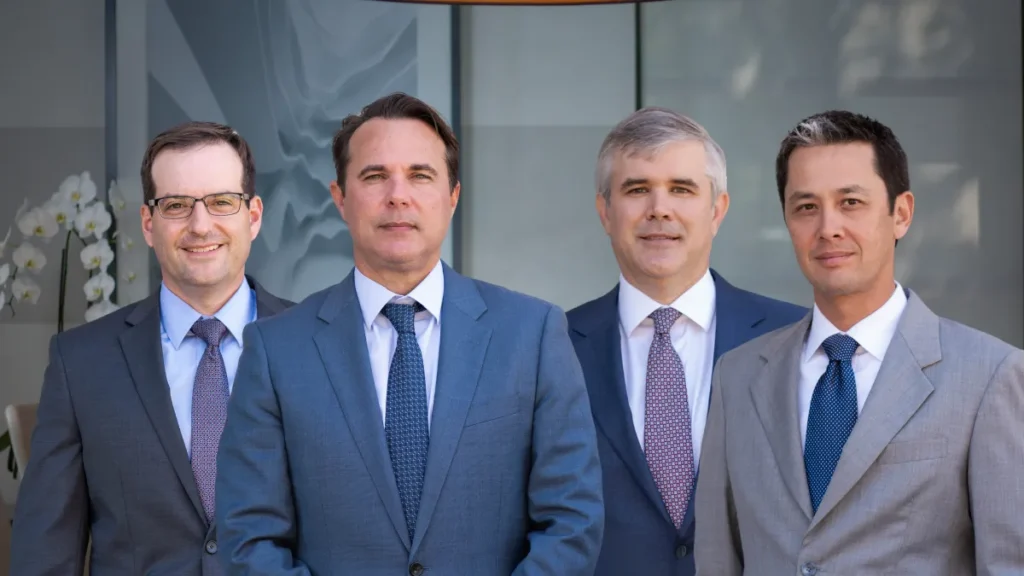
When a patient suffers a stroke, every moment counts. Swift and accurate medical intervention can mean the difference between recovery and lifelong disability—or worse. Unfortunately, medical negligence and malpractice in stroke care continue to cause devastating harm to patients and their families. At Bounds Law Group, we are dedicated to helping victims pursue justice through a stroke malpractice lawsuit Orlando victims can trust for aggressive representation and fair compensation.
Contact us today through our free case evaluation form or call 877-644-5122.
What Constitutes a Stroke Malpractice Lawsuit in Orlando?
A stroke malpractice lawsuit Orlando involves claims where healthcare providers fail to diagnose, treat, or manage a stroke according to the accepted medical standards, resulting in harm. Medical malpractice happens when a doctor, hospital, or medical staff deviates from the accepted standard of care, and this breach directly causes injury or death.
Common examples include:
- Delayed or missed diagnosis of stroke symptoms
- Failure to order timely diagnostic imaging such as CT or MRI scans
- Not administering clot-busting drugs like tPA within the critical treatment window
- Inadequate post-stroke care leading to complications
Key Elements Plaintiffs Must Prove in a Stroke Malpractice Lawsuit
To succeed in a stroke malpractice lawsuit Orlando, plaintiffs must establish four critical legal elements:
1. Duty of Care
There must be an existing doctor-patient relationship that imposes a legal obligation to provide competent medical care. This is typically demonstrated through medical records or admission documents.
2. Breach of Standard of Care
Plaintiffs must prove the healthcare provider deviated from the accepted medical practices. Examples in stroke cases include:
- Misinterpreting imaging results
- Delaying stroke treatment
- Ignoring or misdiagnosing stroke warning signs such as sudden weakness, numbness, or speech difficulties
Expert medical testimony is essential to confirm that the provider’s actions fell below the standard of care.
3. Causation
The plaintiff must show that the breach directly caused the injury or worsened the stroke’s effects. This means demonstrating that earlier or proper treatment would have improved the patient’s outcome.
4. Damages
Plaintiffs need to prove tangible harm, including:
- Permanent disabilities like paralysis or cognitive impairment
- Loss of income and earning capacity
- Medical bills for treatment and rehabilitation
- Pain and suffering or loss of quality of life

Common Forms of Stroke Malpractice in Orlando Hospitals
At Bounds Law Group, we have handled numerous stroke malpractice lawsuit Orlando cases involving:
- Failure to recognize and treat Transient Ischemic Attacks (TIAs), often called mini-strokes, which are critical warning signs
- Delays in emergency room triage that miss the critical window for treatment
- Failure to consult neurologists or specialists promptly
- Negligent monitoring and aftercare that result in complications or additional injury
The Role of Electronic Health Records (EHR) in Stroke Malpractice Lawsuits in Orlando
With the widespread use of Electronic Health Records (EHR), digital documentation plays a vital role in stroke malpractice cases. EHRs provide detailed, timestamped records of symptoms, diagnostics, medication administration, and communications between healthcare professionals.
Why EHR Evidence Matters
- Confirms when stroke symptoms were first reported
- Shows timing of diagnostic tests and treatment orders
- Documents administration or failure to administer critical medications like tPA
- Reveals any delays or communication failures among medical staff
Challenges and Expert Analysis
While EHRs offer powerful evidence, they can contain errors or be subject to manipulation. Our legal team partners with forensic IT and medical experts to audit EHR data thoroughly, ensuring that inconsistencies or omissions are uncovered and leveraged to support your claim.
How Long Do You Have to File a Stroke Malpractice Lawsuit in Orlando?
Florida law imposes strict time limits for filing medical malpractice claims. Generally, a stroke malpractice lawsuit Orlando plaintiffs must be filed:
- Within two years from when the injury was discovered or should have been discovered
- No later than four years from the date the malpractice actually occurred
These deadlines underscore the importance of seeking legal counsel promptly to preserve your rights.
How Expert Testimony Strengthens Stroke Malpractice Cases
Expert witnesses are indispensable in stroke malpractice lawsuits Orlando. Medical professionals specializing in neurology, radiology, and emergency medicine provide critical opinions on whether the standard of care was breached. Florida courts require an affidavit of merit from a qualified expert to verify the claim’s validity before proceeding.
Compensation You May Be Entitled To
Successful stroke malpractice claims may result in compensation for:
- Economic damages: Medical expenses, rehabilitation costs, lost wages, future care
- Non-economic damages: Pain and suffering, loss of enjoyment of life, emotional distress
- Punitive damages: In cases of gross negligence or reckless conduct
Each case is unique, and compensation varies based on the injury’s severity and circumstances.

Why Choose Bounds Law Group for Your Stroke Malpractice Case
At Bounds Law Group, we bring extensive experience in complex medical malpractice litigation, particularly stroke-related cases in Orlando. Our firm is committed to:
- Conducting thorough investigations with top medical experts
- Developing aggressive strategies to secure maximum compensation
- Providing compassionate, personalized service
- Working on a contingency fee basis—no fees unless we win your case
We understand the life-altering impact of stroke malpractice and are dedicated to fighting for your rights.
Take the First Step Toward Justice
If you or a loved one suffered due to medical negligence in a stroke case, do not delay. Time limits for filing claims are strict.
Complete our free case evaluation form or call us now at 877-644-5122 to schedule your confidential consultation with an experienced stroke malpractice attorney.
Sources
- National Institute of Neurological Disorders and Stroke — Comprehensive information on stroke causes, treatment, and research.
https://www.ninds.nih.gov/health-information/disorders/stroke - Florida Statutes – Medical Malpractice (Chapter 766) — Legal framework governing malpractice claims in Florida.
https://www.leg.state.fl.us/Statutes/index.cfm?App_mode=Display_Statute&URL=0700-0799/0766/0766.html - American Heart Association – Stroke Diagnosis and Treatment Guidelines — Standardized clinical guidelines for stroke care.
https://www.heart.org/en/health-topics/stroke

